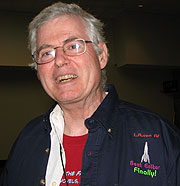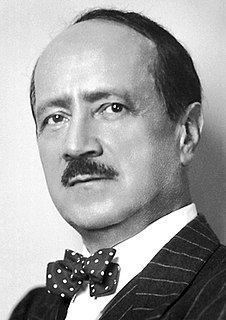A Quote by Marilyn Hacker
Poetry seems to have been eliminated as a literary genre, and installed instead, as a kind of spiritual aerobic exercise - nobody need read it, but anybody can do it.
Related Quotes
The Booker thing was a catalyst for me in a bizarre way. It’s perceived as an accolade to be published as a ‘literary’ writer, but, actually, it’s pompous and it’s fake. Literary fiction is often nothing more than a genre in itself. I’d always read omnivorously and often thought much literary fiction is read by young men and women in their 20s, as substitutes for experience.
I'm not against sentimentality. I think you need it. I mean, I don't think you get a true picture of people without it in writing... It's a kind of poetry, it's an emotional poetry, and, to bring it back to the literary scene, I don't think anything is true that doesn't have it, that doesn't have poetry in it.
[Michael] Chabon, who is himself a brash and playful and ebullient genre-bender, writes about how our idea of what constitutes literary fiction is a very narrow idea that, world-historically, evolved over the last sixty or seventy years or so - that until the rise of that kind of third-person-limited, middle-aged-white-guy-experiencing-enlightenment story as in some way the epitome of literary fiction - before that all kinds of crazy things that we would now define as belonging to genre were part of the literary canon.
I feel that I'm a spiritual person in that I feel like telling stories is a spiritual exercise and I think that it's something that we need as a culture and as humans. We need for people to put stories up in front of us that we recognize ourselves so that we can see - you need to be able to see something in a finite form in order to identify with it sometimes because your life sprawls before you in this kind of way that you can't capture.
I've been thinking about it a great deal, and it seems to me that although any one sixpence is as good as any other sixpence, not twenty lambs would do instead of one sheep whose face you knew. Somehow, when once you've looked into anybody's eyes, right deep down into them, I mean, nobody will do for that one any more . Nobody, ever so beautiful or so good, will make up for that one going out of sight.
I don't know that I had a sense that there was such a thing as "the poetry world" in the 1960s and early 70s. Maybe poets did, but for me as an onlooker and reader of poetry, poetry felt like it was part of a larger literary world. I mean, even the phrase "the poetry world" reflects a sort of balkanization of American literary and artistic life that has to some extent happened since then.






































